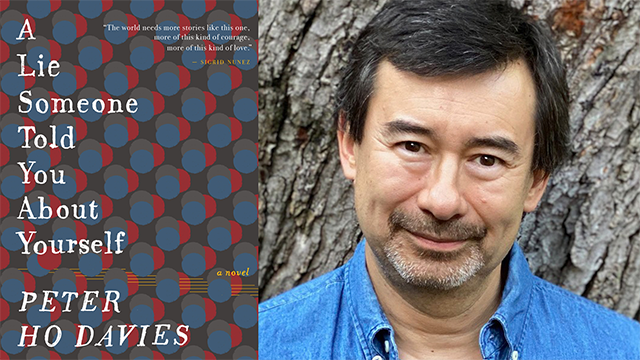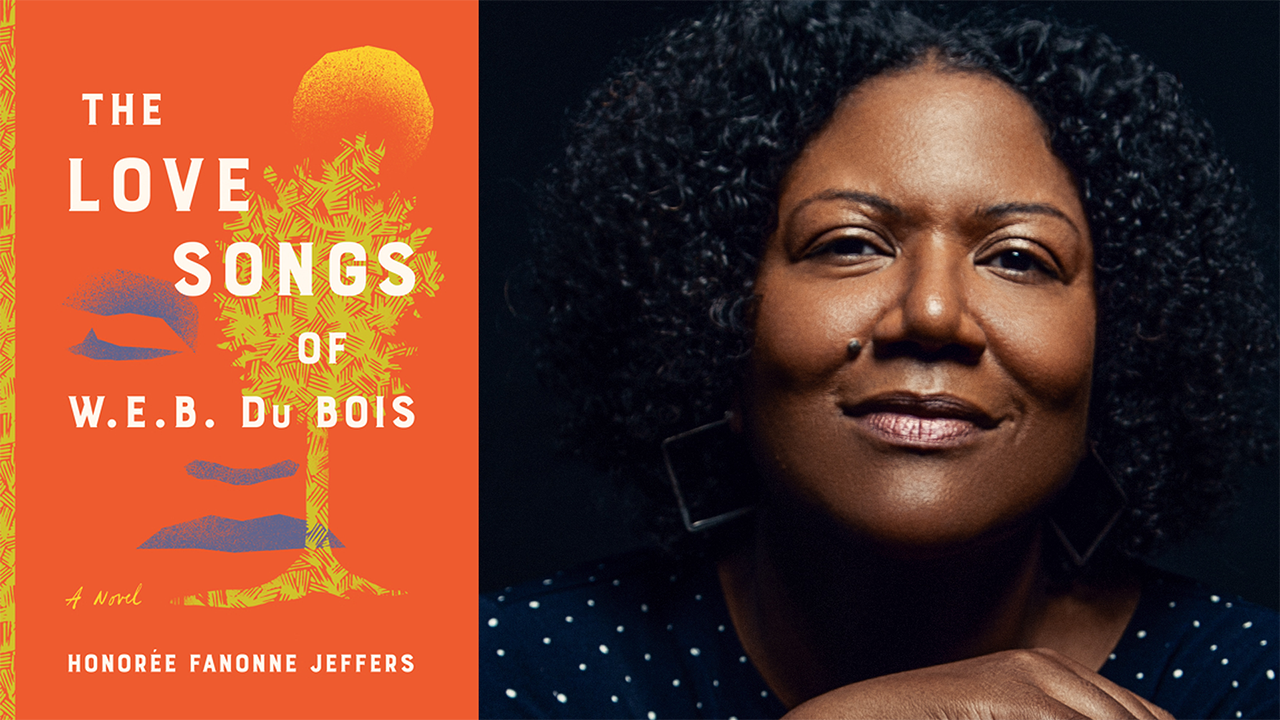In November, Aspen Words announced the longlist for the fifth annual Aspen Words Literary Prize, a $35,000 award recognizing a work of fiction that addresses a vital social issue. The selected books explore questions of freedom and identity, exile and belonging, and are set against the ravages of colonialism, consumerism, and classism. While the jury works on selecting a shortlist, Aspen Words chatted with the nominees about their work, how they view their role as a writer in this cultural and political moment, and the best piece of writing advice they’ve received.

Peter Ho Davies is the author of The Fortunes and two short story collections. His new novel A Lie Someone Told You About Yourself traces the complex consequences of one of the most personal yet public, intimate yet political, experiences a family can have—to have a child, and conversely, the decision not to have a child. The narrative chronicles the flux of parenthood, marriage, and the day-to-day practice of loving someone, as abortion rights and the experience of fatherhood illuminate the subtext.
How do you view your role as a writer in this cultural and political moment?
The main character in my novel is also a writer and describes his own goal by quoting the title of a Wilco song: “I am trying to break your heart.” I have much in common with him—the book is an autofiction of sorts—but I’d probably add that I am also trying to mend hearts. As for our particular cultural and political moment of dissembling and disinformation… I have to hope that good fiction can sharpen a reader’s bull**** detector, and maybe counteract the s****y fiction that is conspiracy theory.
What inspired you to write A Lie Someone Told You About Yourself?
The book grew from a short story I wrote more than a decade ago about a couple coming to terms with challenging test results during a pregnancy. The piece came out in 2012, but the material stayed with me, partly because my wife and I were parents ourselves, and partly because whenever I gave readings of that story the audience response was always very intense, very emotional, as if the piece gave voice to something unspoken. That made me think of it as an experience that resonated with others, as well as one to explore further for myself.
What is the core tenet of your book’s philosophy?
As a character says at one point in the book: “F*** shame!” But, as the book also notes, shame makes us human (and shamelessness diminishes us).
What’s the best piece of advice you’ve received on writing fiction?
I always cite Flaubert’s line: “Talent is long patience.” We tend to think of talent as a shortcut, but patience—the time to get our work right—is also a gift.
What are you currently reading?
Claire Vaye Watkins’ I Love You But I’ve Chosen Darkness. A darkly brilliant title for a darkly brilliant book.


